An updated AUKUS agreement tabled in the Australian parliament on Aug 12 has done nothing to dispel concerns about the controversial A$368 billion ($245 million) nuclear submarine deal.
The AUKUS pact, comprising Australia, the United Kingdom and the United States, allows the UK or the U.S. to withdraw with one year's notice.
The deal calls on the U.S. and the UK to "not unreasonably" withhold information, material or equipment, but it can be canceled if it undermines the military capabilities or naval nuclear programs of the partner countries.
The revelation has sparked a renewed political storm over Australia's sovereignty and forced Prime Minister Anthony Albanese's government on the defensive.
Former prime minister Paul Keating has weighed in on the debate with a stinging attack on the government and its relationship with the U.S..
In an interview with the Australian Broadcasting Corporation on Aug 8, Keating said the submarine deal will turn Australia into the "51st state of the United States".
He described the current Labor government as a "sellout".
"In defense and foreign policy, this is not a Labor government. This is a party which has adopted the defense and foreign policies of the Morrison Liberal government," he said.
Scott Morrison, who was prime minister from 2018 to 2022, was the prime mover of the AUKUS deal.
Keating, who has been a critic of the AUKUS deal from its inception, called it the "worst deal in history".
"This government has sold out to the United States," he said.
Alison Broinowski, former diplomat and past president of Australians for War Powers Reform, told China Daily the agreement is "full of holes".
Under the AUKUS nuclear submarine agreement, announced in San Diego, California, last year, Australia will buy at least three Virginia-class submarines from the U.S. in the 2030s while nuclear-powered submarines are built. The nuclear submarines are dependent on U.S. naval shipyards and the U.S. Navy's submarine program.
The out clause "appears to mean the U.S. or UK", Broinowski said.
"It also appears to leave Australia responsible for all the costs from the start of the program until that date (of termination)," she said.
'No clarity'
Defense Minister Richard Marles has said no nuclear waste will be stored in Australia, she said. "But there is no clarity about how or where that waste is generated. It could involve waste from U.S. operations in Fremantle (Western Australia) or Darwin or elsewhere."
The agreement matches the ANZUS security treaty "in obliterating Australia's independence and security", she added. "Australians are being underinformed or deceived by the government they elected."
Marty Branagan, a senior lecturer in peace studies at the University of New England in the Australian state of New South Wales, said Keating described the AUKUS deal as the largest defense project since World War II and the worst foreign policy mistake since a failed bid to introduce conscription during WW I.
"The agreement came about with no public consultation, supported by a 'Red Alert' series of fearmongering front-page articles in Australia's Nine newspapers in consultation with the Australian Strategic Policy Institute, which has close ties to arms dealers, and which argued for greater defense capabilities to resist a supposedly imminent war with China," he told China Daily.
"Yet China and Australia have a mutually beneficial trade relationship which this deal will harm.
"It will contribute to a regional arms race which could have disastrous consequences. It is already shifting valuable resources away from the more pressing threat of global warming facing both countries."
Australian Greens party's defense spokesman David Shoebridge said the agreement was riddled with "multiple escape hatches" for the U.S..
The new AUKUS agreement says that if at any point the U.S. thinks supplying material under the AUKUS agreement to Australia prejudices their defense, they can effectively terminate the agreement and pull out, Shoebridge said.
He called on the government to be "honest about the size of the gamble".
"The growing national movement wants an end to AUKUS, claiming that its cost and the open-ended commitment to foreign military priorities are to the detriment of priorities for a resilient, safe and peaceful Australian society," he said.




























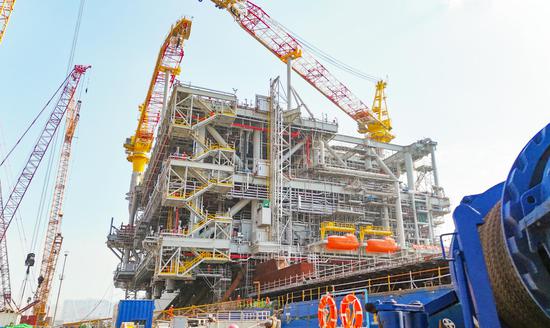
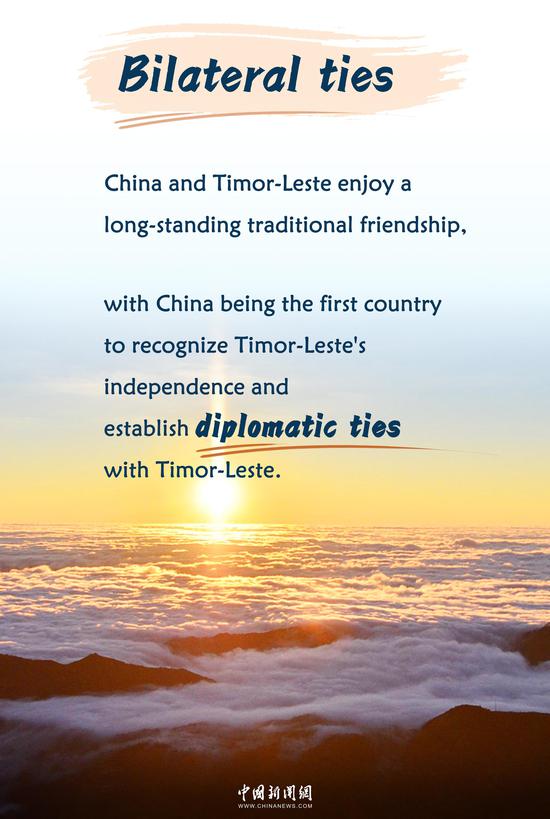
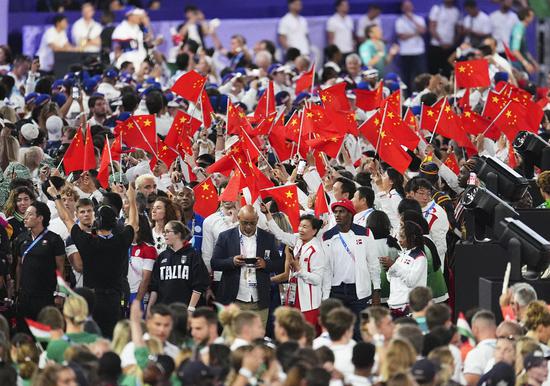






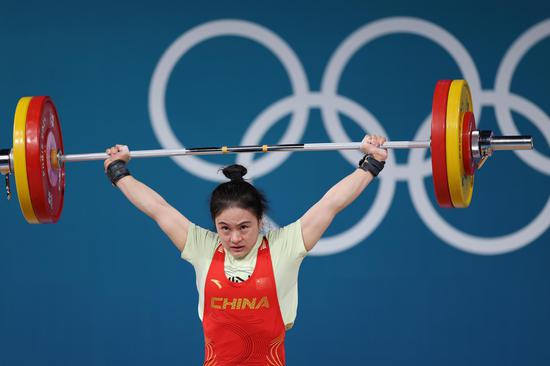




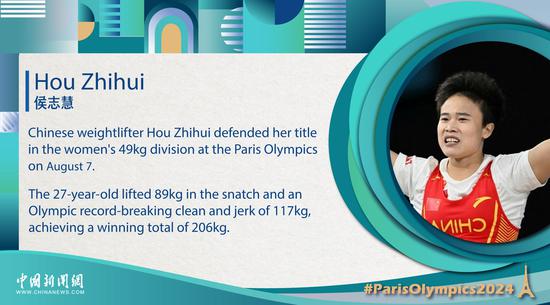





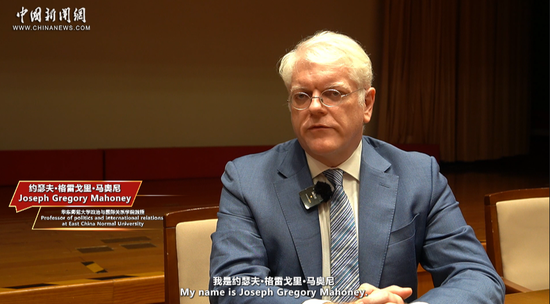

 京公网安备 11010202009201号
京公网安备 11010202009201号